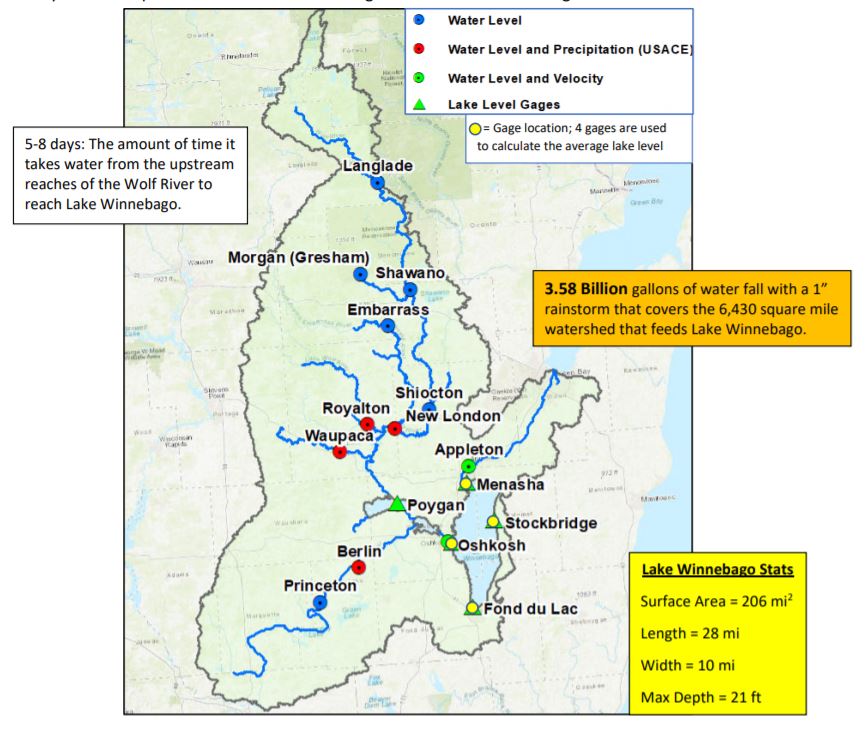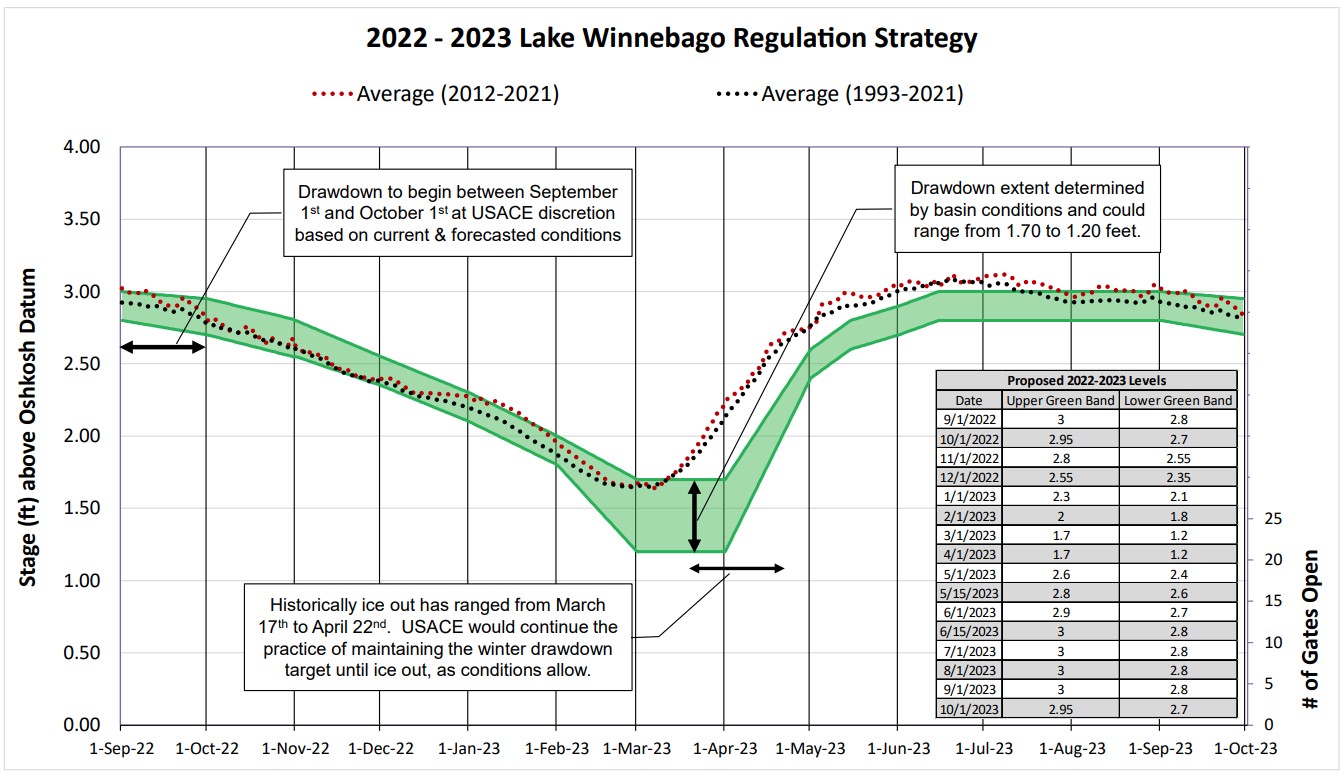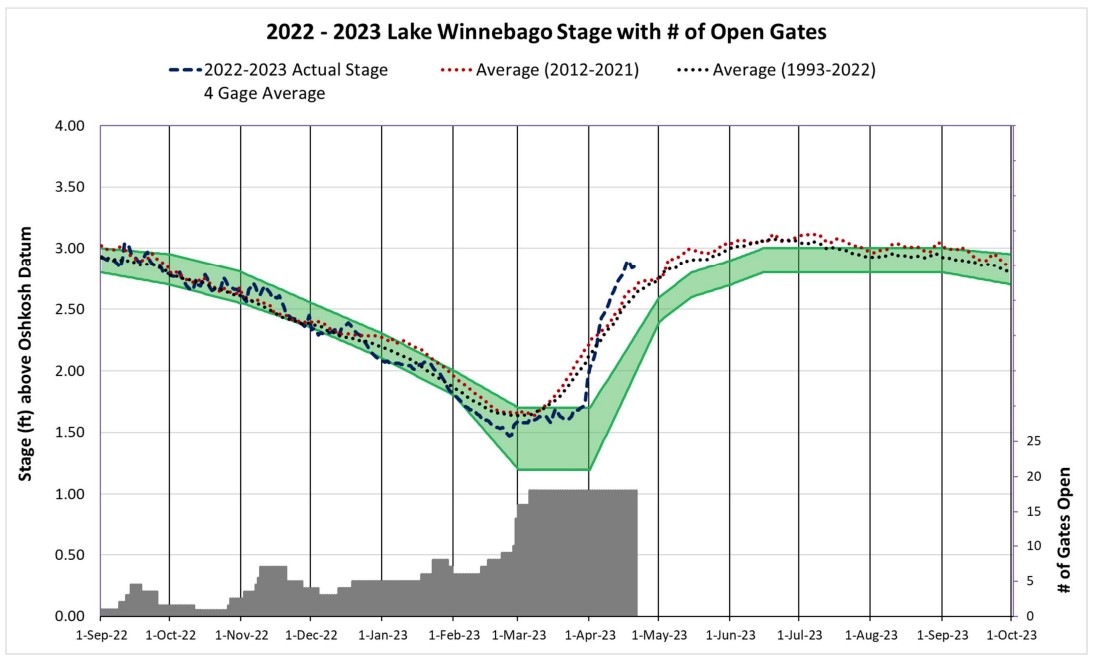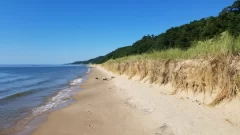Forty years on, future of contaminant plume under Ann Arbor still murky
By Elinor Epperson Gelman Sciences LLC manufactured medical filters for decades, but that’s not the public health issue the company is known for. Dioxane from Gelman’s Scio Township plant leaked into Ann Arbor’s groundwater, creating a plume of contamination more than 4 miles long. That contamination was discovered by a University of Michigan graduate student, […]
The post Forty years on, future of contaminant plume under Ann Arbor still murky first appeared on Great Lakes Echo.Great Lakes Echo
http://greatlakesecho.org/2024/07/25/forty-years-on-future-of-contaminant-plume-under-ann-arbor-still-murky/















